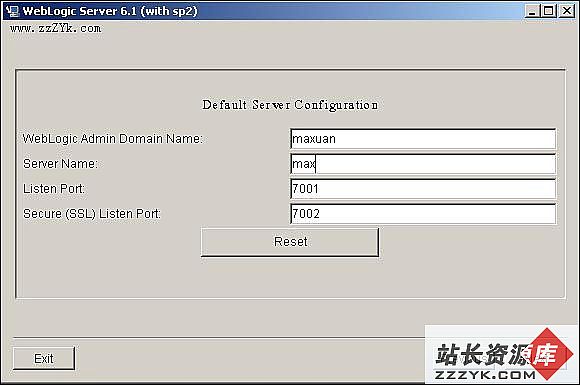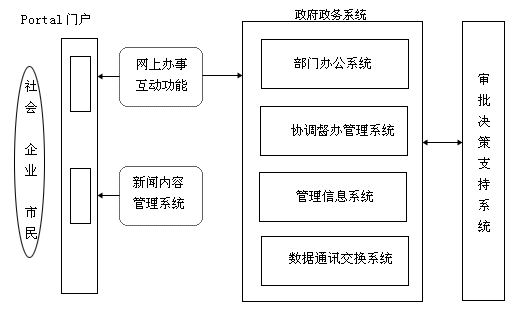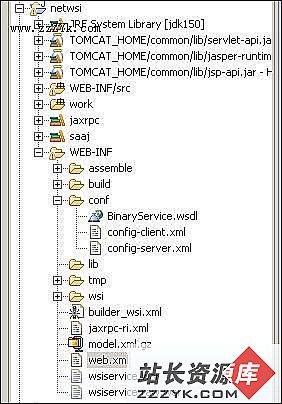java indexOf() 和lastIndexOf()字符查找实现方法
java indexof() 和lastindexof()字符查找实现方法
class indexofdemo {
public static void main(string args[]) {
string s = "now is the time for all good men " + "to come to the aid of their country.";
system.out.println(s);
system.out.println("indexof(t) = " + s.indexof('t'));
system.out.println("lastindexof(t) = " + s.lastindexof('t'));
system.out.println("indexof(the) = " + s.indexof("the"));
system.out.println("lastindexof(the) = " + s.lastindexof("the"));
system.out.println("indexof(t, 10) = " + s.indexof('t', 10));
system.out.println("lastindexof(t, 60) = " + s.lastindexof('t', 60));
system.out.println("indexof(the, 10) = " + s.indexof("the", 10));
system.out.println("lastindexof(the, 60) = " + s.lastindexof("the", 60));
}
}
引用上面的实例我们来做个字符串查找实例
public class main {
/**
* find the latest index of any of a set of potential substrings.
*
* a <code>null</code> string will return <code>-1</code>.
* a <code>null</code> search array will return <code>-1</code>.
* a <code>null</code> or zero length search array entry will be ignored,
* but a search array containing "" will return the length of <code>str</code>
* if <code>str</code> is not null. this method uses {@link string#indexof(string)}
*
* <pre>
* stringutils.lastindexofany(null, *) = -1
* stringutils.lastindexofany(*, null) = -1
* stringutils.lastindexofany(*, []) = -1
* stringutils.lastindexofany(*, [null]) = -1
* stringutils.lastindexofany("zzabyycdxx", ["ab","cd"]) = 6
* stringutils.lastindexofany("zzabyycdxx", ["cd","ab"]) = 6
* stringutils.lastindexofany("zzabyycdxx", ["mn","op"]) = -1
* stringutils.lastindexofany("zzabyycdxx", ["mn","op"]) = -1
* stringutils.lastindexofany("zzabyycdxx", ["mn",""]) = 10
* </pre>
*
* @param str the string to check, may be null
* @param searchstrs the strings to search for, may be null
* @return the last index of any of the strings, -1 if no match
*/
public static int lastindexofany(string str, string[] searchstrs) {
if ((str == null) || (searchstrs == null)) {
return -1;
}
int sz = searchstrs.length;
int ret = -1;
int tmp = 0;
for (int i = 0; i < sz; i++) {
string search = searchstrs[i];
if (search == null) {
continue;
}
tmp = str.lastindexof(search);
if (tmp > ret) {
ret = tmp;
}
}
return ret;
}
// ----------------------------------------------------------------------
/**
* checks if an array of objects is empty or <code>null</code>.
*
* @param array the array to test
* @return <code>true</code> if the array is empty or <code>null</code>
* @since 2.1
*/
public static boolean isempty(char[] array) {
if (array == null || array.length == 0) {
return true;
}
return false;
}
// empty checks
//-----------------------------------------------------------------------
/**
* checks if a string is empty ("") or null.
*
* <pre>
* stringutils.isempty(null) = true
* stringutils.isempty("") = true
* stringutils.isempty(" ") = false
* stringutils.isempty("bob") = false
* stringutils.isempty(" bob ") = false
* </pre>
*
* note: this method changed in lang version 2.0.
* it no longer trims the string.
* that functionality is available in isblank().
*
* @param str the string to check, may be null
* @return <code>true</code> if the string is empty or null
*/
public static boolean isempty(string str) {
return str == null || str.length() == 0;
}}
实例二
public static int indexofany(string str, string[] searchstrs) {
if ((str == null) || (searchstrs == null)) {
return -1;
}
int sz = searchstrs.length;// string's can't have a max_valueth index.
int ret = integer.max_value;int tmp = 0;
for (int i = 0; i < sz; i++) {
string search = searchstrs[i];
if (search == null) {
continue;
}
tmp = str.indexof(search);
if (tmp == -1) {
continue;
}if (tmp < ret) {
ret = tmp;
}
}return (ret == integer.max_value) ? -1 : ret;
}
测试
* stringutils.indexofany(null, *) = -1
* stringutils.indexofany(*, null) = -1
* stringutils.indexofany(*, []) = -1
* stringutils.indexofany("zzabyycdxx", ["ab","cd"]) = 2
* stringutils.indexofany("zzabyycdxx", ["cd","ab"]) = 2
* stringutils.indexofany("zzabyycdxx", ["mn","op"]) = -1
* stringutils.indexofany("zzabyycdxx", ["zab","aby"]) = 1
* stringutils.indexofany("zzabyycdxx", [""]) = 0
* stringutils.indexofany("", [""]) = 0
* stringutils.indexofany("", ["a"]) = -1
补充:Jsp教程,Java基础 




